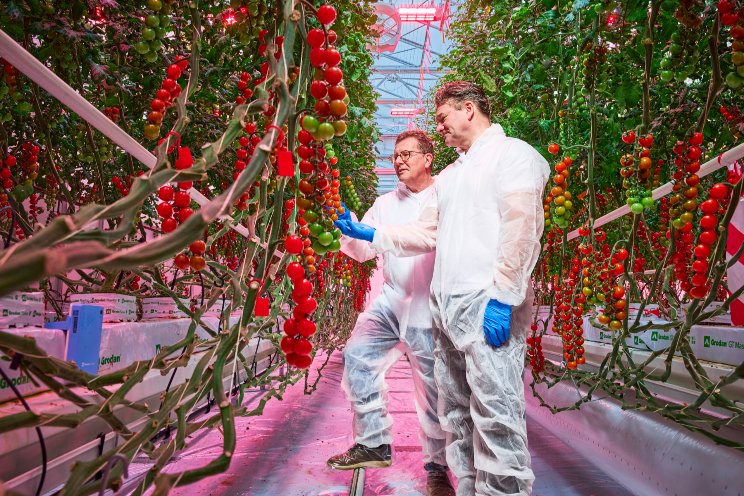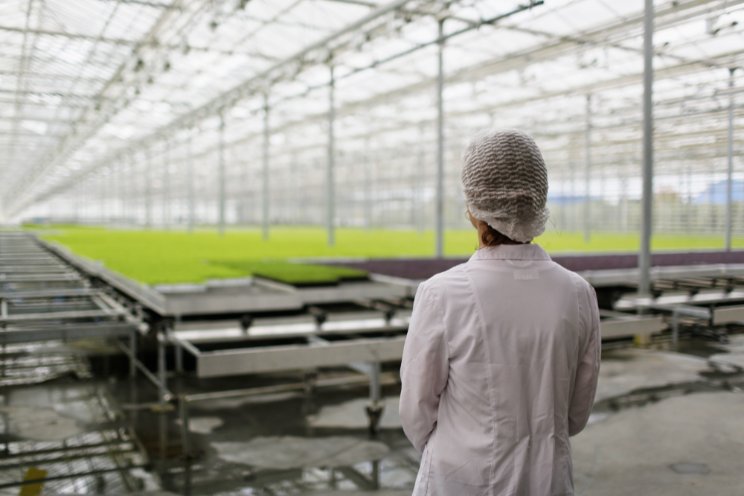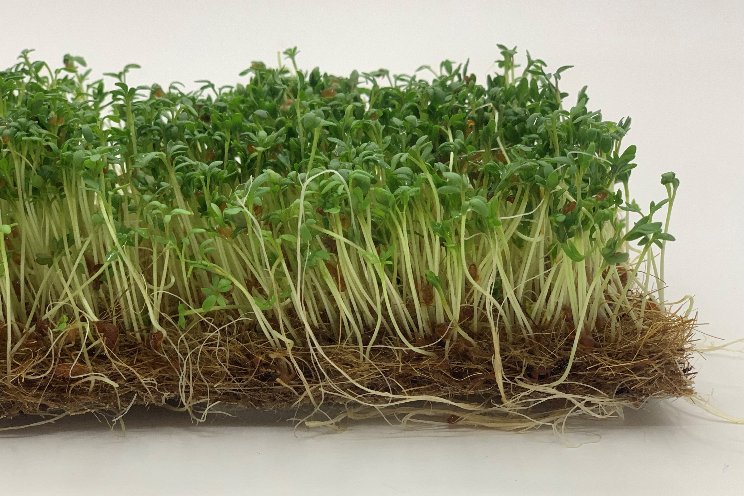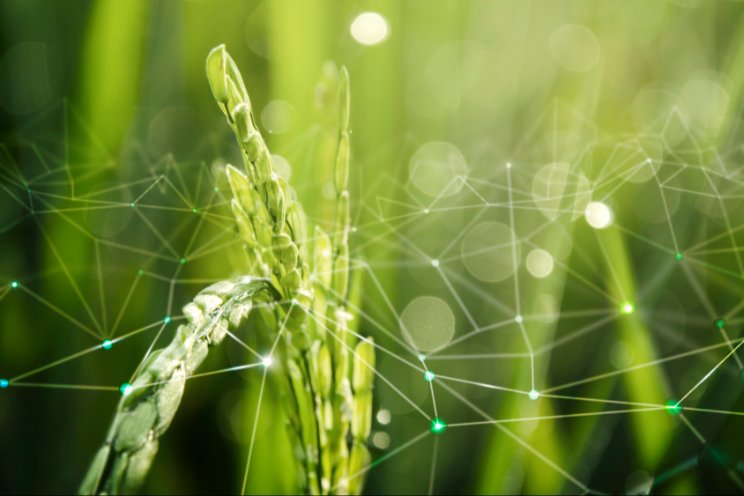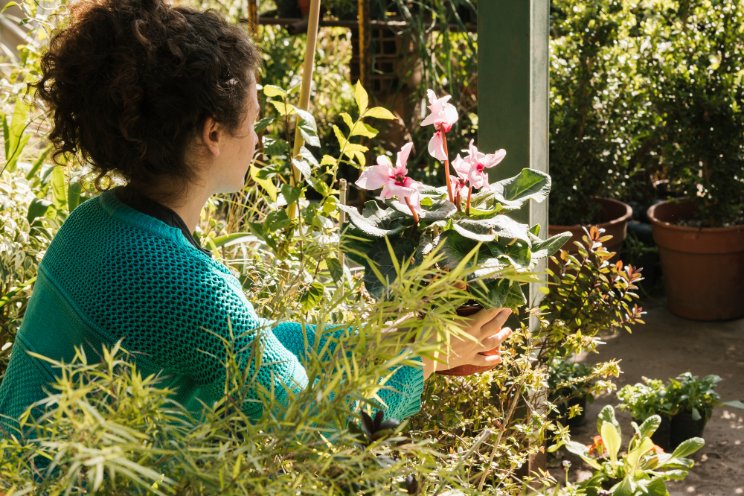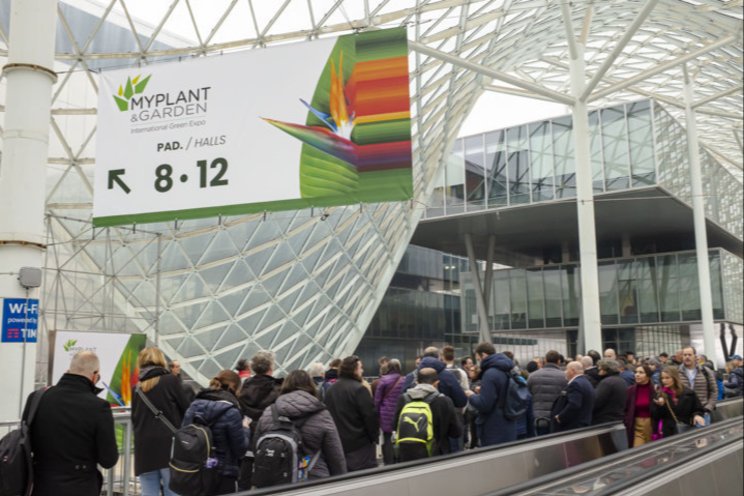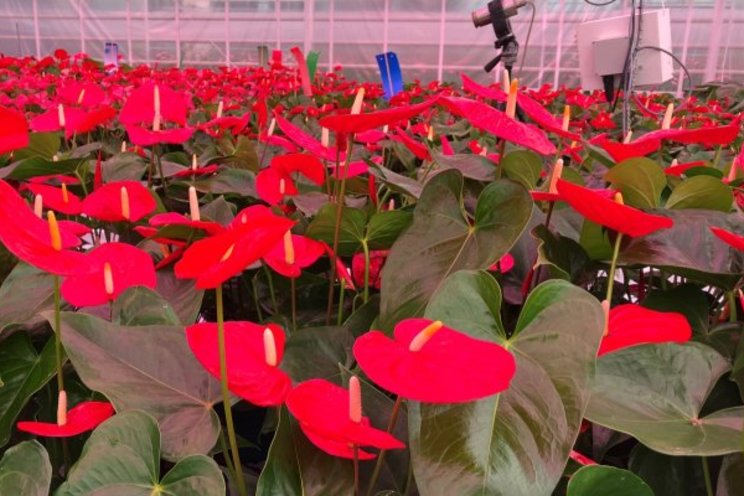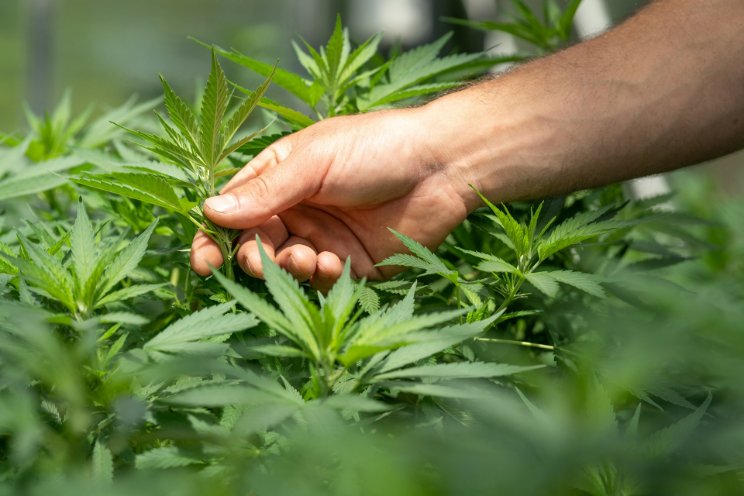Why should schools embrace practical apps of VF?
Added on 21 February 2023


Credit: amNewYork.
Schools can utilize vertical farming and hydroponics in a number of ways, from setting up a small classroom-based system to a full-scale school-wide operation. Some of the benefits of incorporating vertical farming and hydroponics into school curricula include:
-
Hands-on learning experiences - Students can participate in all aspects of the growing process, from seed selection to crop harvesting, all while learning about the science behind plant growth, nutrition, and water management.
-
Environmental awareness - Vertical farming and hydroponics allow students to understand the impact their choices have on the environment and engage with sustainable agriculture practices. By nurturing their connection with nature from a young age, students learn to respect their environment and be stewards of the planet.
-
Empowering voices of change - The process of growing, harvesting, and sharing food among peers nurtures a sense of responsibility to the students and their community, raising awareness about food security, food justice, and the importance of having equitable access to nutritious food.
Header Photo Credit: FarmBox Foods.
More news
